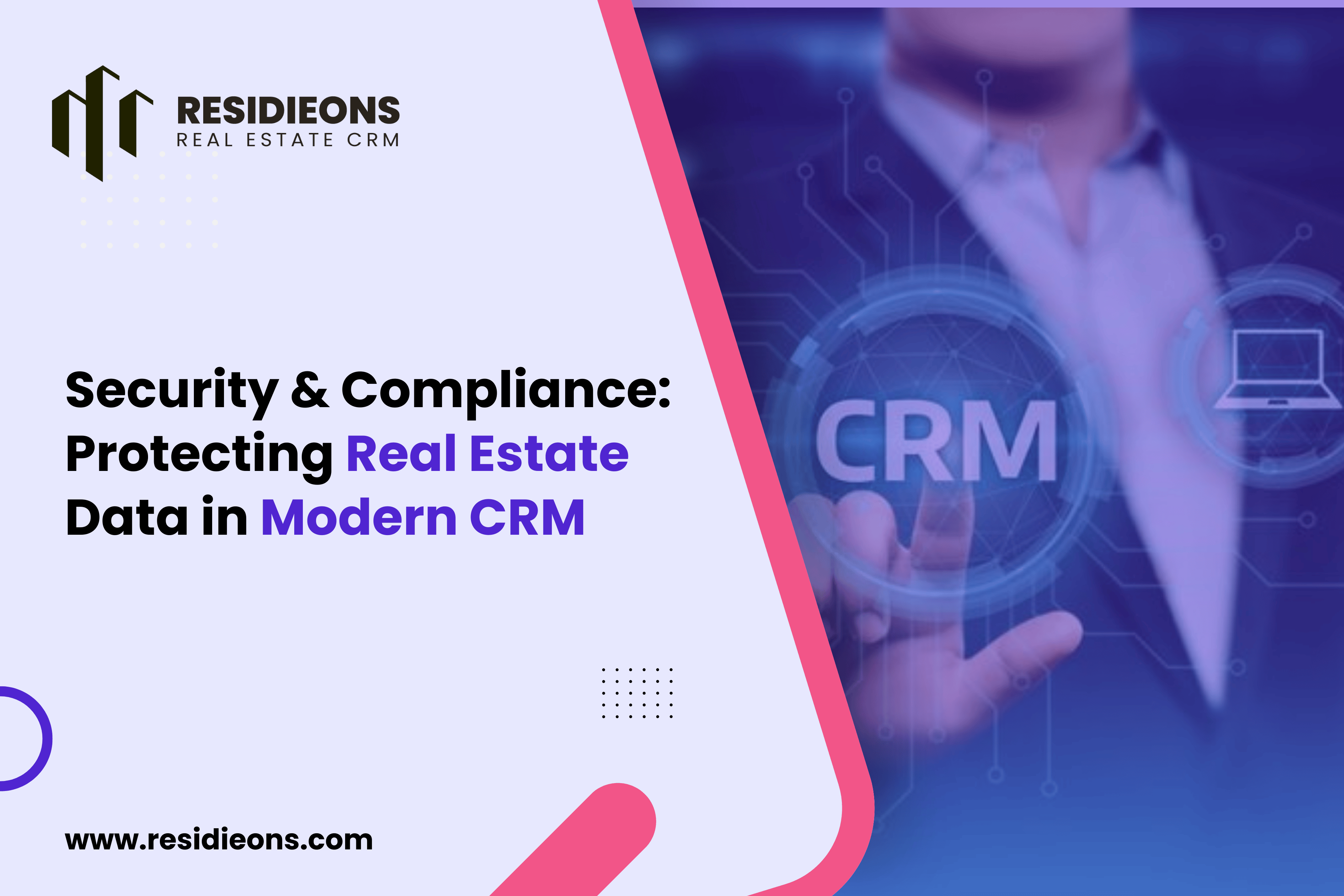
The requirement of efficiency and success only points towards having a perfectly carved sales management process when starting a real estate business. A structured approach will keep your leads well organized, close deals quickly, and help you maintain excellent relationships with your clients. Here is how you can define an effective real estate sales management process for your startup:
1. Establishing Clear Sales Goals
The first step in defining your sales management process is setting clear and measurable sales objectives. Determine what you want to achieve in revenue, the number of closed deals, and market penetration. It gives one direction and allows one to monitor progress with clarity in the objectives.
2. Create a sales
A sales is simply a view of your sales process from lead generation to closing deals. Define the stages of your process: prospecting, qualification of leads, presentation, negotiation, and closing. It keeps you updated on where each deal lies and highlights the bottlenecks in your process.
3. Develop a Lead Management Strategy
Effective lead management is the key to prospects becoming clients. Devise a way to capture the lead from various sources, nurture them by communicating in personalized ways, and qualify them in terms of their readiness to buy. In this way, you can focus your efforts on those promising leads.
4. Implement Consistent Communication
The key to a proper client relationship is consistent and effective communication. Design a communication plan that will include regular follow-up, updates, and personalized messages. Stay in touch with clients via email, phone, and in-person meetings.
5. Automate Routine Tasks
Routine activities can be automated to save time and increase efficiency. First, determine which activities can be automated: making appointments, sending follow-up emails, and generating reports. This will free up your team's time to be focused on worthwhile activities such as closing deals and building relationships.
6. Monitor and Analyze Performance
Keep checking and analyzing how your sales efforts are working regularly. Metrics such as lead conversion rates, average deal size, and the length of the sales cycle will help gauge performance. Identify from this data where improvement can be done and accordingly adjust your strategies.
7. Build Collaboration Across Teams
This is what an effective sales management system does: it achieves close coordination among the members of the team. Ensure that your team is supplied with the information that is needed and can freely share updates and insights. This, not only keeps everybody on the same page, working for the same goals, but regular meetings and collaborative tools also go a long way in keeping pace.
8. Provide great customer service
Excellent customer service is what has helped establish long-term relationships and secure repeat business. Always make your clients feel important and cared for right from the start of the sales process. Answer the queries raised, ensure the worries are attended to, and further proceed to do a little more.
Conclusion
The first thing a real estate startup will have to do is define the effective sales management process: setting proper goals, structuring a sales pipeline, developing your lead management and communication in a way to smooth and handle the operations toward the goals of your company.
Residieons CRM is a real estate CRM software that offers a lot of capabilities, letting real estate professionals go through their sales processes without any hassle at all. With lead management features, automation of routine tasks, and good insights, Residieons CRM will help set your startup up for solid success. Check out Residieons CRM today and see how it can transform your real estate business.

The real estate market is changing very quickly today, and if you want to s
Read More...


If you are in the real estate business, you already know how tou
Read More...
In today’s competitive real estate market, managing leads, foll
Read More...